Digital Nomad Visa for Romania - 2025 Update
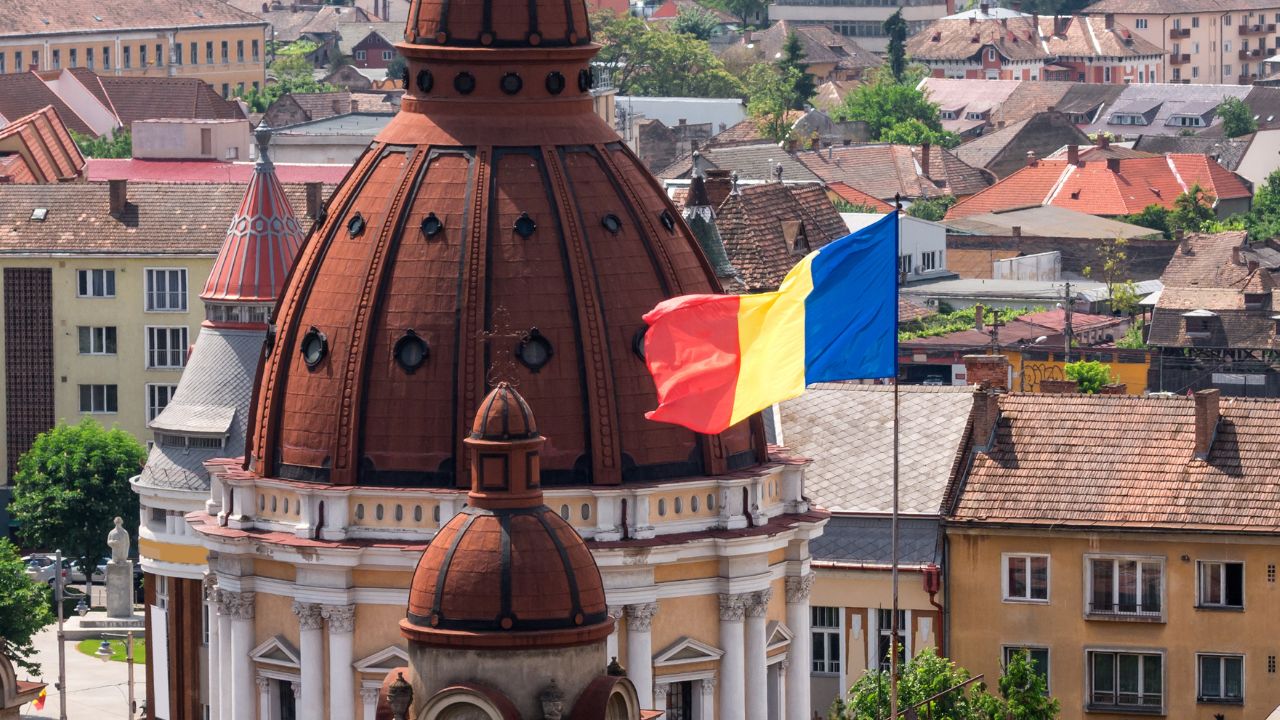
Quick Visa Facts
Visa length 12 months
Possible to extend? Yes, via residence permit extension, typically for an additional 12 months, renewable annually
Who can apply? Non-EU/EEA citizens working remotely for a foreign employer or owning a business incorporated abroad
Minimum Income Requirements Approximately €3,700 per month (around 18,000 RON), updated annually
Time for visa applications Usually 30–45 days, depending on consulate and completeness of documents
Want to know if you can apply?
Complete a visa quiz and see if you qualify!
Imagine working from a cozy café in Bucharest’s Old Town, taking weekend trips to Transylvania’s castles, or hiking in the Carpathian Mountains, all while keeping your remote job. Sounds good? Romania is quietly becoming one of Europe’s most attractive destinations for digital nomads, thanks to its affordable cost of living, fast internet, and welcoming visa policy.
In 2022, the Romanian government officially launched the Romania Digital Nomad Visa, a long-stay visa that allows remote workers and entrepreneurs from outside the EU to live in Romania legally while working for foreign employers or their own overseas businesses.
This guide breaks down everything you need to know, from who qualifies and what documents you need, to how to apply, how long it takes, and what life in Romania is really like for digital nomads.
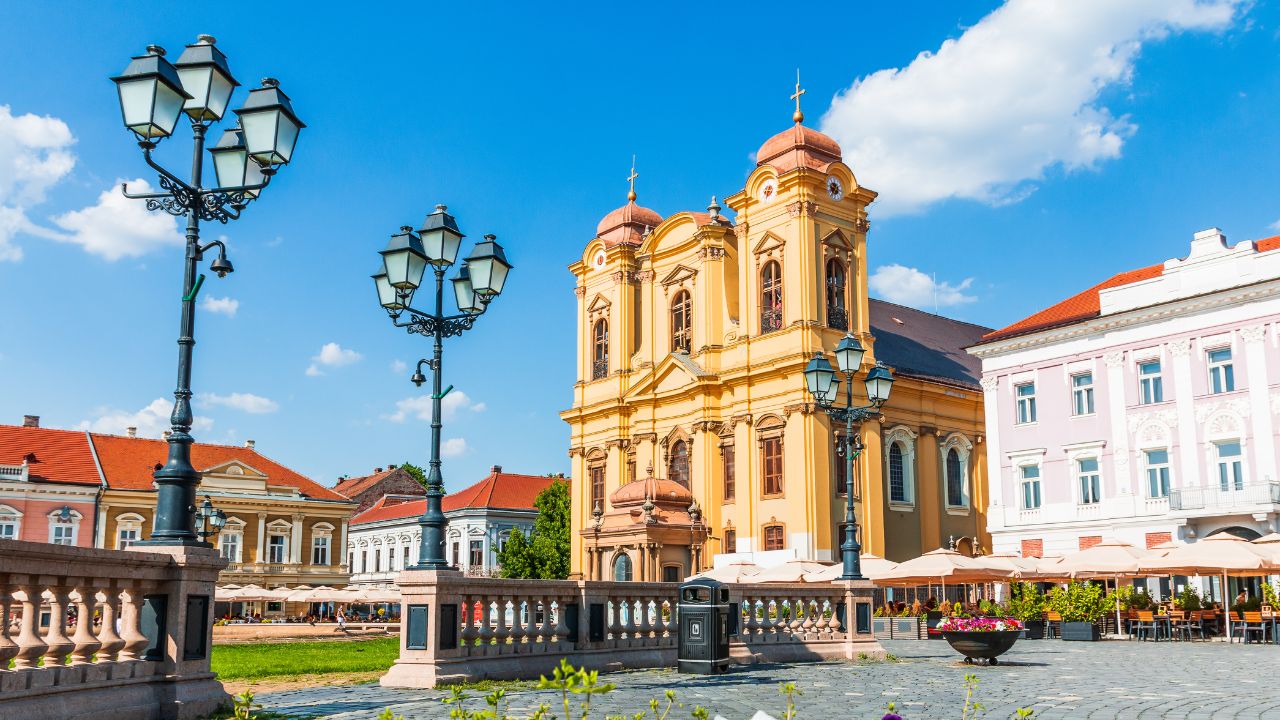
Romania Digital Nomad Visa Overview
The Romania Digital Nomad Visa was officially introduced in January 2022 through Law 22/2022, which amended Government Emergency Ordinance 194/2002 on the regime of foreigners in Romania. This law created a dedicated long-stay visa category for digital nomads, remote workers, and entrepreneurs who earn their income from companies or clients outside Romania.
The visa was designed to attract international professionals who want to live and work remotely from Romania without requiring a local employment contract. It provides a legal pathway for non-EU/EEA citizens to enjoy Romania’s low cost of living, high-speed internet, and growing digital ecosystem while keeping their global careers active.
Who Is It For?
The visa is for non-EU/EEA nationals who can prove that they:
Work remotely for a company registered outside Romania, or
Own a company incorporated outside Romania that has been operating for at least three years, and
Can perform their work using digital communication technologies (laptop, internet, etc.).
In addition, applicants must meet specific income requirements (set above the national average salary in Romania) and show proof of health insurance and a clean criminal record, among other standard documents.
This makes it ideal for freelancers, entrepreneurs, software developers, designers, consultants, and remote employees seeking a European base without the cost or visa complexity of Western Europe.
What Does It Allow You to Do?
Holders of the Romania Digital Nomad Visa can:
Live in Romania legally for up to 12 months while working for a foreign employer or their own overseas business
Apply for a residence permit if they wish to stay longer after the initial visa expires
Travel freely within Romania and the Schengen area (once Romania’s Schengen accession is finalized for air and sea borders)
Enjoy Romania’s modern infrastructure, reliable internet, and rich cultural life while maintaining their international career.
However, the visa does not allow local employment with a Romanian company or participation in the local labor market. Applicants must maintain their foreign source of income throughout their stay.
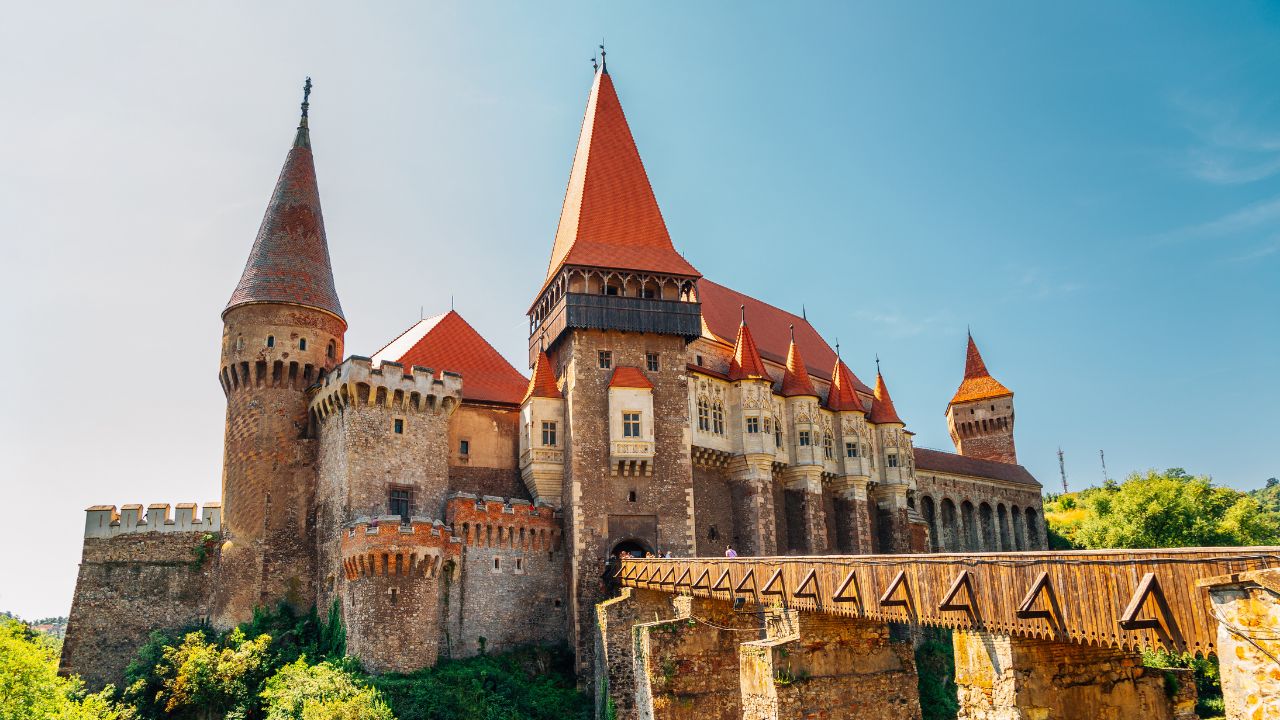
Romania Digital Nomad Visa Requirements
To apply for the Romania Digital Nomad Visa, applicants must prepare a complete set of supporting documents that demonstrate their eligibility, financial stability, and ability to work remotely while living in Romania.
Below is a detailed list of the core requirements as outlined in Law 22/2022 and the Romanian Ministry of Foreign Affairs (MAE) guidelines.
Basic required documents:
Completed long-stay visa application form (available through the Romanian consulate or MAE website)
Valid passport, with at least 6 months of validity remaining beyond your intended stay
Recent passport-sized photographs (usually two) meeting official biometric standards
Proof of accommodation in Romania (e.g., rental contract, hotel booking, or notarized invitation)
Proof of travel medical insurance covering the entire duration of stay (see details below)
Evidence of sufficient financial means to support your stay (see next section)
Criminal record certificate issued by your country of residence
Letter of intent or motivation explaining the purpose of your stay and confirming your remote work status
Proof of employment or business ownership, such as an employment contract, freelance agreement, or company registration documents abroad
Proof of Financial Self-Sufficiency
Applicants must prove they have a steady income from outside Romania sufficient to support themselves during their stay.According to official requirements, the monthly income must be at least three times the average gross salary in Romania (updated annually). As of 2025, this means applicants should show a minimum monthly income of approximately €3,700 (around 18,000 RON).
Acceptable proof includes:
Bank statements from the last 6–12 months showing consistent income
Employment contract or client agreements confirming regular remote payments
Tax statements or accountant letters verifying business revenue (for entrepreneurs)
This requirement ensures applicants can live independently without relying on Romanian income sources.
Private Health Insurance
Digital nomads must hold valid private health insurance that covers medical expenses and hospitalization for the entire duration of their intended stay in Romania.
Your policy should:
Cover at least €30,000 in medical expenses (or the local equivalent)
Be valid throughout the Schengen area, if possible
Include coverage for COVID-19 treatment or other emergencies
This proof is required both at the visa stage and when applying for a residence permit extension later on. Travel insurance is not accepted; it must be long-term residency health insurance. You can find our recommendations for the best health insurance plans for digital nomads here.
Proof of Remote Work or Business Activity
Applicants must show that they are employed or self-employed outside Romania, and that their work can be carried out entirely online. Acceptable documents include:
Employment contract with a foreign company specifying remote work arrangements
Company registration certificate and proof of ownership (for entrepreneurs)
Service contracts or invoices if you work with multiple international clients
Statement of activities detailing your role, technologies used, and remote working setup
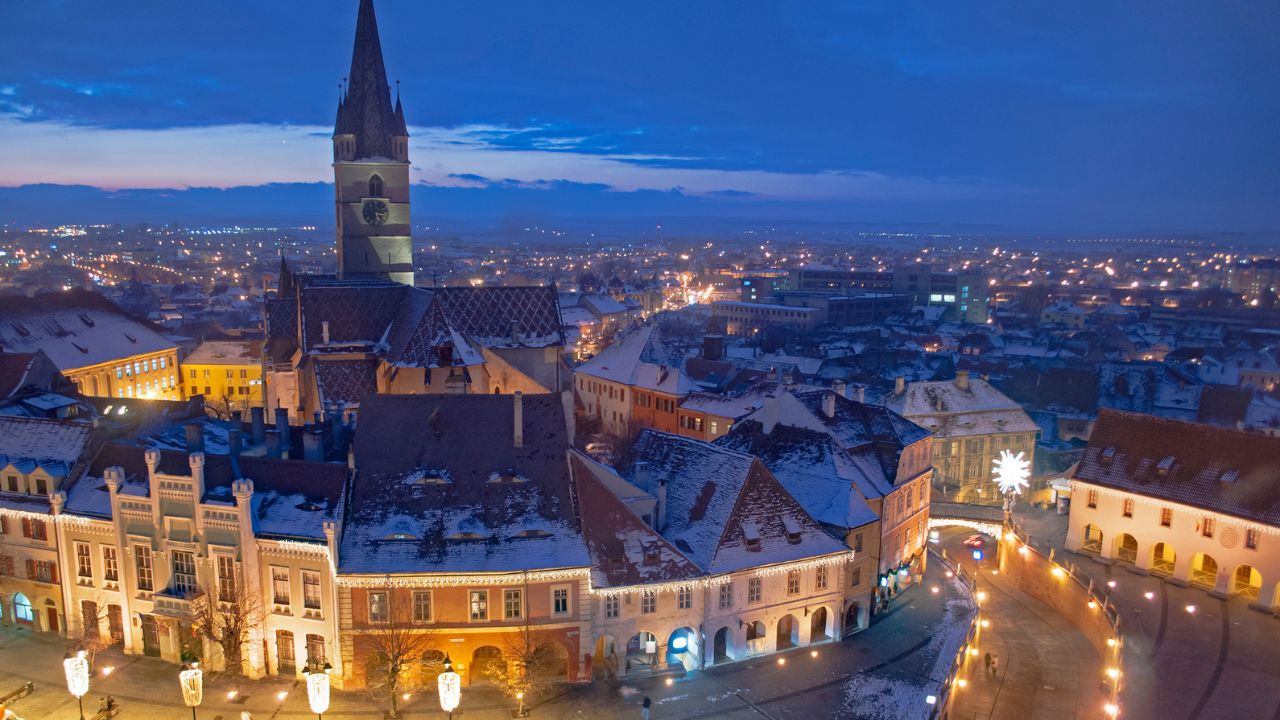
How to Apply for the Romania Digital Nomad Visa – Step-by-Step Instructions
Applying for the Romania Digital Nomad Visa involves several stages, from gathering your documents to submitting your application and, eventually, obtaining your residence permit. Below is a clear step-by-step guide to help you through the process smoothly.
Step 1: Prepare Your Documents
Before starting your application, gather all the required paperwork. This includes your passport, application form, proof of income, remote work verification, health insurance, and accommodation details.
Make sure every document is translated into Romanian (if originally in another language) and notarized or apostilled, depending on your country of origin. Incomplete or untranslated files are the most common reason for visa delays.
Step 2: Book an Appointment at a Romanian Consulate or Embassy
Applications for long-stay visas must be submitted in person at a Romanian embassy or consulate in your country of residence. Visit the Ministry of Foreign Affairs (MAE) website or contact your nearest consulate to book an appointment and confirm the latest requirements.
Be sure to bring printed copies of all documents and digital backups in case they’re requested.
Step 3: Submit Your Application
At your appointment, you’ll:
Submit the full visa application package
Provide biometric data (fingerprints and photo, if requested)
Pay the visa fee (typically around €120, payable in local currency)
Answer basic questions about your work, income, and purpose of stay
The consular officer will review your file and may request additional information or clarification.
Step 4: Wait for Processing
After submission, your application will be reviewed by the Romanian Ministry of Internal Affairs and related authorities. Processing times vary but usually take between 30 and 45 days.
You’ll be notified by email or phone when a decision has been made, and can then collect your visa from the consulate.
Step 5: Travel to Romania
Once your visa is approved, you have 180 days to enter Romania. Upon arrival, border authorities may verify your documents, especially proof of accommodation and financial means, so keep copies handy.

Stay Requirements for the Romania Digital Nomad Visa
Holders of the Romania Digital Nomad Visa are granted the right to reside in Romania for up to 12 months initially. During this time, they must continue to meet all the conditions under which the visa was issued, including maintaining remote employment or business activity abroad, valid health insurance, and sufficient financial means. If digital nomads wish to remain in Romania beyond the initial visa period, they can apply for a residence permit extension through the General Inspectorate for Immigration (IGI) before their visa expires.
The extension is typically granted for an additional 12 months and may be renewed annually as long as the applicant still meets the eligibility criteria. Importantly, visa holders must spend the majority of their time physically present in Romania, as extended absences from the country could affect their legal status or future renewals. They must also register their address with local authorities upon arrival and inform immigration offices if they change accommodation during their stay.
While the digital nomad visa allows remote work for foreign employers, holders are not permitted to take up employment with Romanian companies or perform paid activities for local clients. Compliance with these conditions is essential to maintain legal residence status. Failure to do so could result in visa cancellation or refusal of renewal.
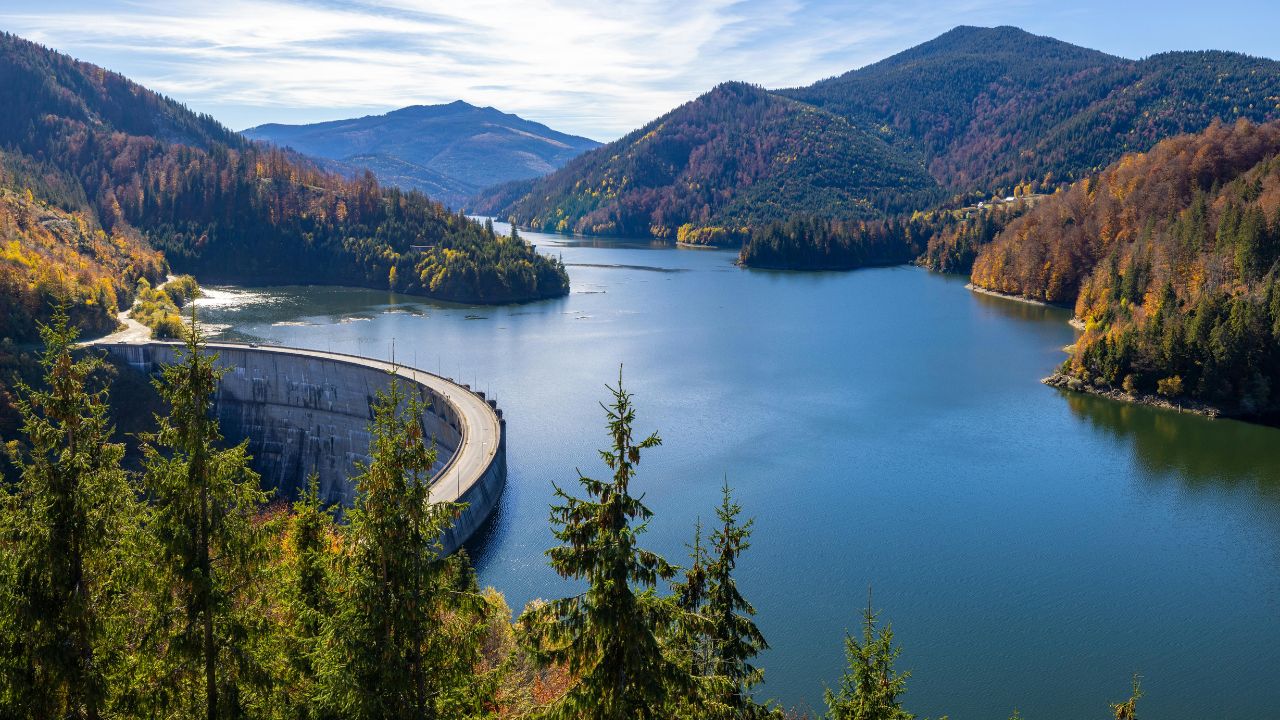
How Much Does the Romania Digital Nomad Visa Cost?
Applying for the Romania Digital Nomad Visa is relatively affordable compared to other European digital nomad programs, though the total cost can vary depending on your country of residence and the documents you need to prepare. The official long-stay visa fee is €120, payable at the Romanian consulate or embassy when submitting your application. This fee is non-refundable, even if the visa is denied.
In addition to the official visa fee, applicants should plan for several related expenses involved in preparing their file. These may include:
Document translation and notarization: €50–€150 depending on language and volume
Apostille or legalization fees: €20–€50 per document
Health insurance policy: typically between €200 and €600 per year, depending on coverage and provider
Criminal background check: €20–€40, depending on the issuing authority
Proof of accommodation: variable, depending on rental or booking arrangements
While these additional costs can vary, most applicants can expect to spend around €400–€800 in total to prepare their application, excluding the visa fee itself.
It’s important to note that these fees are subject to change, and applicants should always verify the latest costs with their local Romanian consulate or the Ministry of Foreign Affairs (MAE) before applying.
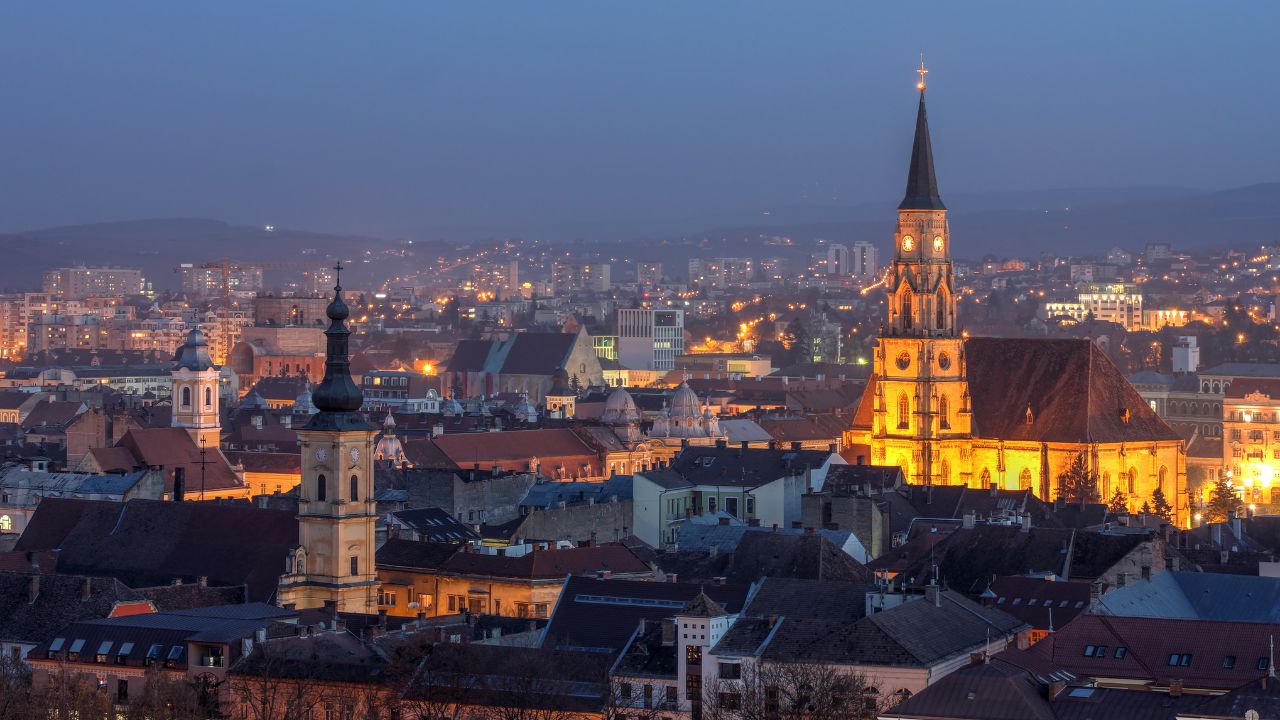
Taxes for People With a Romania Digital Nomad Visa
One of the biggest benefits of the Romania Digital Nomad Visa is that it lets you live in Romania while working remotely for a foreign employer or business, often without paying local income tax. As long as you don’t become a Romanian tax resident.
Here’s what you need to know:
Tax residency rule: You become a Romanian tax resident if you spend more than 183 days in Romania within any 12-month period or if Romania becomes your main center of life (home, family, or economic interests).
Non-residents: If you stay under that threshold and your income comes from foreign sources, you typically don’t owe Romanian income tax.
Tax rate for residents: If you become a resident, Romania applies a flat income tax rate of 10% on worldwide income.
Double taxation protection: Romania has tax treaties with over 80 countries (including the U.S., UK, and EU states) to prevent double taxation. Income already taxed abroad can be exempt or credited locally.
Fiscal registration: Even if you’re not a tax resident, you might need to register your fiscal presence with the Romanian National Agency for Fiscal Administration (ANAF) if you hold a residence permit or stay long-term.
In short, most digital nomads can enjoy Romania’s low cost of living and vibrant lifestyle without paying Romanian income tax, as long as they keep their remote income abroad and manage their stay duration wisely.
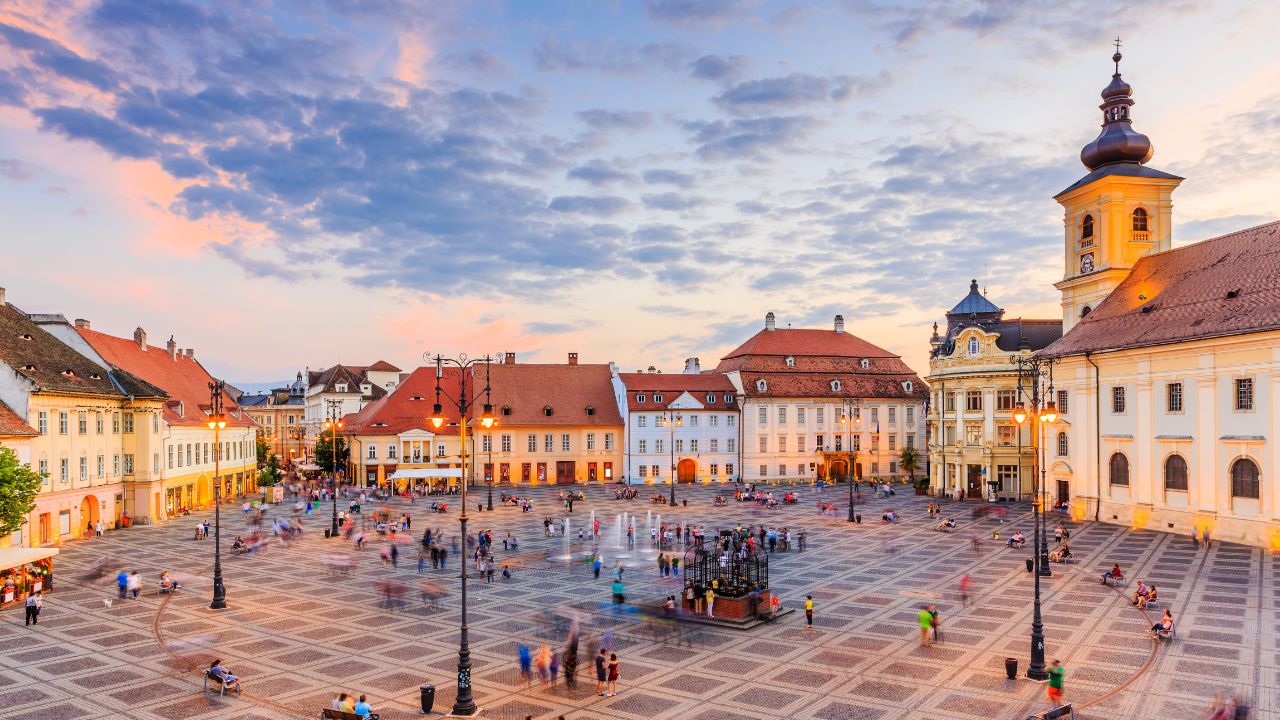
Living in Romania with the Digital Nomad Visa
Living in Romania with the Digital Nomad Visa offers a unique mix of affordability, culture, and connectivity that appeals to remote workers from all over the world. Cities like Bucharest, Cluj-Napoca, Brașov, and Timișoara combine modern infrastructure and reliable high-speed internet with a lively café culture and growing international communities. The cost of living is significantly lower than in Western Europe, and digital nomads can often live comfortably on €1,200–€1,800 per month, including rent, dining, and entertainment. Romania’s diverse geography also means weekends can take you from medieval towns and mountain trails to the beaches of the Black Sea in just a few hours.
Daily life in Romania is easy to adapt to for most foreigners. English is widely spoken among younger people, co-working spaces are popping up across major cities, and mobile data speeds are among the fastest in Europe. The country’s convenient location allows digital nomads to travel easily across Europe while enjoying the safety, stability, and friendly atmosphere of local communities. With its mix of modern life and old-world charm, Romania offers remote professionals the chance to build a fulfilling work-life balance, all while legally residing and working under one of Europe’s most flexible digital nomad visa programs.
Best Cities to Live in Romania as a Digital Nomad
Romania offers a range of cities that cater perfectly to remote workers, each with its own charm, lifestyle, and cost advantages. Whether you prefer an energetic capital or a quiet mountain escape, here are the top three cities to consider when living in Romania with the Digital Nomad Visa.
Bucharest
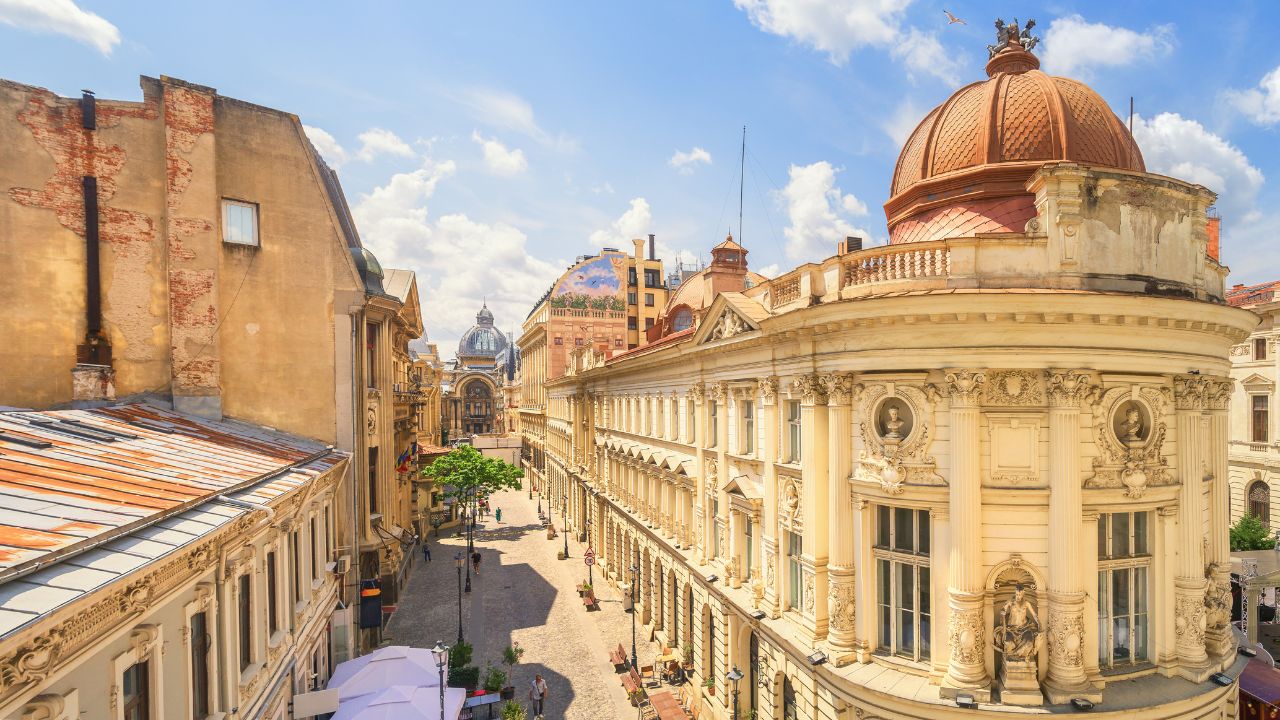
As Romania’s capital and largest city, Bucharest is the country’s main hub for business, culture, and technology. It boasts excellent internet speeds, modern coworking spaces, and a lively social scene that blends Eastern European charm with Western convenience. Digital nomads love its diverse neighborhoods, thriving café culture, and abundance of international restaurants. The cost of living is higher than in other Romanian cities but still far below most EU capitals, making it a top choice for professionals who want energy, networking, and opportunity.
Cluj-Napoca

Often called the Silicon Valley of Romania, Cluj-Napoca is a youthful, creative city located in Transylvania. It’s home to major tech companies, start-ups, and universities, which give it a vibrant and intellectual vibe. Digital nomads are drawn to its relaxed pace, green spaces, and strong sense of community. The cost of living is moderate, the city is walkable, and locals are friendly and open-minded, making it one of the best-balanced places for work and leisure in Romania.
Brașov
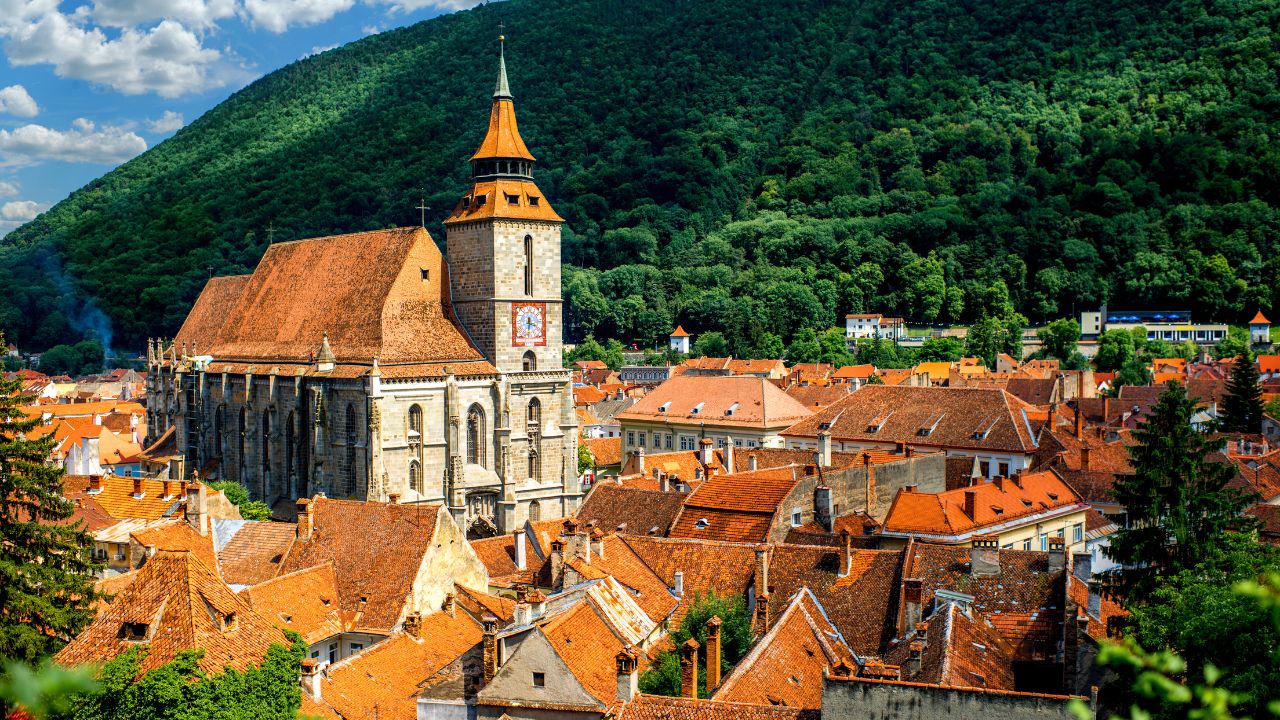
For nomads who prefer a scenic, slower lifestyle surrounded by mountains, Brașov is a dream destination. Nestled in the heart of Transylvania, this medieval city offers a mix of natural beauty and old-world architecture, with reliable internet, cozy cafés, and a calm, safe atmosphere. It’s an excellent base for outdoor enthusiasts who want to ski, hike, or explore nearby castles like Bran and Peleș. Brașov’s lower rent prices and strong expat community make it a peaceful yet connected place to work remotely.
Cost of Living
The official currency of Romania is the Romanian Leu (RON). 1 RON ≈ $0.226 USD (as of early November 2025).
The average net monthly salary in Romania is around 5,351 RON, which equates to approximately $1,210 USD.
Here’s a rundown of what you should expect to pay in different cities:
Bucharest
Rent (1 bedroom in city center) – ~$600‑800/month
Rent (3 bedrooms outside city center) – ~$900‑1,050/month
Basic Utilities – ~$100‑150/month
Wi‑Fi – ~$10‑15/month
Public Transport – ~$0.50 one‑way ticket.
Groceries (2 people) – ~$300‑500/month.
Cluj‑Napoca
Rent (1 bedroom in city center) – ~$590/month
Rent (3 bedrooms outside city center) – ~$740/month
Basic Utilities – ~$130/month
Wi‑Fi – ~$8‑10/month
Public Transport – ~$0.60 one‑way ticket
Groceries (2 people) – ~$250‑400/month
Brașov
Rent (1 bedroom in city center) – ~$490/month
Rent (3 bedrooms outside city center) – ~$620‑650/month
Basic Utilities – ~$90‑150/month
Wi‑Fi – ~$9/month
Public Transport – ~$1 one‑way ticket
Groceries (2 people) – ~$200‑350/month
FAQs
Who can apply for the Romania Digital Nomad Visa?
Non-EU/EEA citizens who work remotely for a company registered outside Romania, or who own a business incorporated abroad, can apply. Applicants must also meet income, health insurance, and accommodation requirements.
How long is the Romania Digital Nomad Visa valid?
The visa is initially valid for 12 months. Holders can apply for a residence permit extension to stay longer, provided they continue to meet eligibility criteria.
Can I work for a Romanian company with this visa?
Do I have to pay taxes in Romania while on this visa?
What documents do I need to apply?
Applicants need a valid passport, completed visa application, proof of remote employment or business ownership abroad, proof of financial self-sufficiency, private health insurance, accommodation proof, and a criminal record certificate.
Author
Nadia Dardón is a content creator from Guatemala. She has worked fully remotely for the past six years as a copywriter, editor, and content creator, working for different industries. She started her digital nomad journey in 2022 and currently lives as an expat in Spain.
